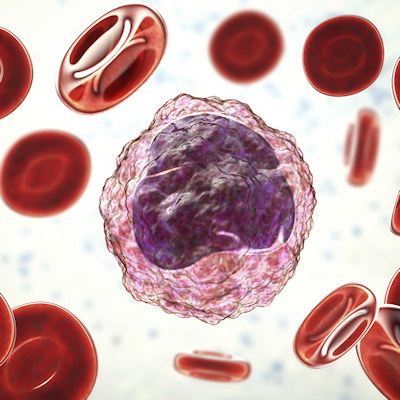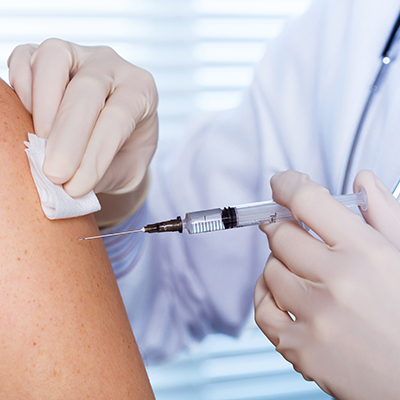January 24, 2023 -- Harvard University researchers and collaborators conducted a modeling study that showed tuberculosis (TB) vaccination could be cost-effective in 73 of 105 (70%) low- and middle-income countries. The results, published on January 24 in PLOS Medicine, also predicted $474 billion in vaccine-related benefits by 2050.
TB is one of the world's leading infectious killers, according to the World Health Organization (WHO). Unfortunately, the COVID-19 pandemic reversed progress in providing TB services; consequently, the number of people dying from the disease has increased in recent years. In 2021, 1.6 million died of TB and 10.6 million fell ill. COVID-19-related disruptions to TB services may translate into 31.8 million excess TB deaths globally, corresponding to an economic loss of $17.5 trillion between 2020 and 2050, the research found.
Although TB is preventable and curable, and despite being an urgent global health challenge, no new TB vaccines have been licensed in over a century due to inadequate financing. However, safe, effective vaccines that can rapidly reduce TB burden are essential for eliminating the disease.
The Harvard researchers assessed the future costs, cost-savings, and cost-effectiveness of introducing novel TB vaccines in low- and middle-income countries (LMICs) for various product characteristics and delivery strategies. Their system of epidemiological and economic models was calibrated to demographic, epidemiological, and health service data in 105 LMICs. For each country, they assessed the likely future course of TB-related outcomes under several vaccine introduction scenarios compared with a "no new vaccine" scenario.
Two vaccine products (one targeted at infants, one at adolescents/adults) assumed to prevent progression to active TB were considered. Economic inputs were derived from patient cost surveys and published literature. Researchers estimated the incremental impact of vaccine introduction for a range of health and economic outcomes, assuming a vaccine price of $4.60 and a one-time per-capita gross domestic product cost-effectiveness threshold.
Vaccine introduction's substantial near-term cost requirements would be offset by future cost-savings from the averted TB burden. From a health system perspective, adolescent/adult vaccination was projected to be cost-effective in 64 of 105 LMICs. From a societal perspective, including productivity gains and averted patient costs, adolescent/adult vaccination was cost-effective in 73 of 105 LMICs and cost-saving in 58 of 105 LMICs, including 96% of countries with higher TB burdens.
Including the monetized value of health gains, researchers estimated that introducing adolescent/adult vaccines could produce up to $474 billion in economic benefits by 2050 – a sum that could help inform global-level decision-making for investments in TB vaccines.
The WHO's "End TB Strategy" targets a 90% reduction in TB mortality and an 80% decline in TB incidence by 2030 compared with 2015. Achieving these targets will require a comprehensive multisectoral response and transformational new tools, the researchers said. They conclude that TB vaccination would be highly impactful and cost-effective in most LMICs and encourage future development, adoption, and implementation of novel TB vaccines.
Copyright © 2023 scienceboard.net











